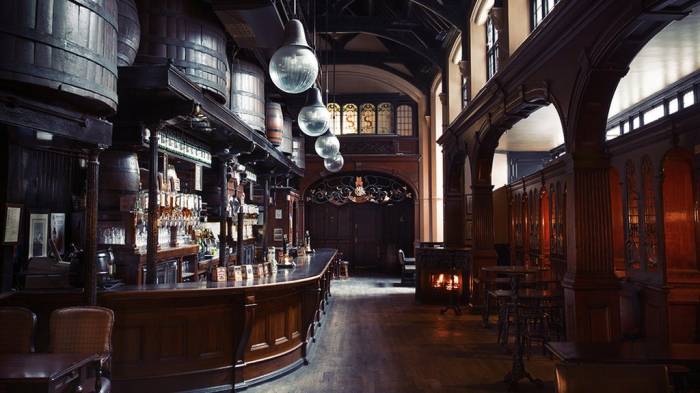Pub Licensing Reforms Spark Debate Amid Ongoing Industry Struggles
Government plan to extend opening hours faces skepticism as landlords cite deeper economic challenges and shifting consumer habits
2025-10-09

Plans to make it easier for pubs in England and Wales to stay open later into the night are drawing mixed reactions from those who run and own pubs. The government’s proposal aims to loosen licensing laws, allowing pubs to extend their hours, offer more outdoor food service, and host live music with less bureaucracy. Officials say the move is designed to boost the hospitality sector and encourage more people to enjoy nights out.
Industry trade groups and some executives have welcomed the announcement, saying it could help cut red tape that has made it costly and complicated for pubs to expand their services. However, many landlords and pub company leaders say the changes will do little to address the deeper problems facing the industry.
Tim Martin, founder and chair of the Wetherspoon’s pub chain, described the plan as “a moderate plus at best.” He noted that while having more flexibility over opening hours is positive, economic pressures such as high taxes and rising costs have forced many pubs to reduce their hours or close altogether. Data released earlier this year shows that British pubs continue to close at a rate of about one per day in 2025.
Paul Crossman, chair of the Campaign for Pubs and landlord of three pubs in York, said the real crisis is a “toxic combination” of increasing costs and customers spending less due to the ongoing cost of living crisis. He pointed out that most pubs have already cut back their hours, while nightclubs have closed in large numbers. Crossman called on the government to focus on reducing VAT, employers’ national insurance contributions, energy costs, and business rates.
Recent data from hospitality analysis firm CGA by NIQ shows a shift in consumer habits, with more people choosing to eat and drink earlier in the evening. Sales before 8 p.m. have increased over the past year, but sales at 10 p.m. are down 5 percent, and sales after 1 a.m. have dropped by 15 percent.
A chief executive of a major hospitality company, who asked not to be named, said the policy is unlikely to make a significant difference. “We have a few sites that would welcome another hour of drinking but we’d still have to staff them and factor in other running costs,” they said. They added that while making it easier to get temporary extensions for special events is helpful, it will not solve the sector’s larger challenges.
Si Perreau, landlord of the Little Taproom in south Liverpool, said licensing costs are “relatively minor” for his business. He welcomed the ability to change offerings more easily but said it is not the major boost the government claims. Perreau supports calls for reduced VAT on beer sold in pubs and bars, arguing that supermarkets have an unfair advantage that draws customers away from pubs.
John Pybus, landlord of the Blue Bell in York, echoed these concerns. He said that simply opening later will not make pubs more profitable unless underlying financial pressures are addressed. Without action on these issues, he warned, more pubs will close, eroding an important part of British cultural life.
The Institute of Alcohol Studies criticized the licensing reform plan, calling it a “charter for chaos.” Despite this, trade bodies such as UK Hospitality and the British Beer and Pubs Association (BBPA) have expressed support for modernizing licensing laws. Nick Mackenzie, chief executive of Greene King and chair of the licensing taskforce that worked with the government on the policy, said reducing red tape is essential for businesses.
However, Mackenzie and other industry leaders continue to urge the government to address cost pressures, especially business rates. With Chancellor Rachel Reeves’s second budget approaching next month, the Treasury is considering raising business rates for large premises like supermarkets to fund discounts for smaller venues such as pubs and independent shops.
A spokesperson for the Department of Business and Trade said the review is about giving landlords more freedom and flexibility, emphasizing that no one will be forced to open late. The department believes these changes will help venues host events that bring people together and support economic growth.
Founded in 2007, Vinetur® is a registered trademark of VGSC S.L. with a long history in the wine industry.
VGSC, S.L. with VAT number B70255591 is a spanish company legally registered in the Commercial Register of the city of Santiago de Compostela, with registration number: Bulletin 181, Reference 356049 in Volume 13, Page 107, Section 6, Sheet 45028, Entry 2.
Email: [email protected]
Headquarters and offices located in Vilagarcia de Arousa, Spain.